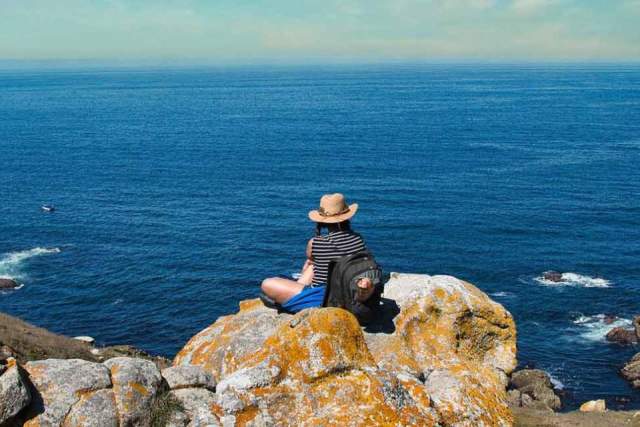The Workation is one of the latest trends to hit the travel industry following years of working from home.
The workation is basically all about taking a break from your usual place of work and combining it with some leisure, or as HR Technologist would describe it:
"A workation is a vacation that allows you to work remotely while integrating elements of leisure that let you unwind, relax and be more productive."
Many employers have continued to offer working from home as an option, or introduced hybrid arrangements combining the best of both worlds. It's been found that teams are just as productive, if not more so, when outside the office and by offering more flexibility, productivity isn’t the only benefit but also happiness, loyalty and job satisfaction.
So the workation is just an extension of the current way of working for some employers. And for those having worked at home for the last couple of years, a change may be just the ticket.
For example, PwC recently announced that staff in 8 countries (including the UK, US and India) could work remotely for up to 8 weeks. Deloitte and KPMG Australia offered similar packages a couple of weeks before. Research from American Express shows that half of travellers say the freedom and flexibility to live and work while globetrotting is more appealing now than pre-pandemic and a TUI study reveals that more than half of all UK office staff would welcome a workation, saying that it would make them better at doing their job and happier.
Some research from Babbel found some interesting facts:
- More women are interested than men
- They are most popular with 18-29 year olds
- 56% either plan to or have already taken a workation
- Overall, 2/3 people believe they would be more productive on a workation
Workations can include both rural and city breaks and the great news for most is that all you need is your laptop and internet connection, so you can travel light.
So what do destinations need to do to set themselves up for the Workation?
- Good Transport links
- Affordable accommodation – cheap nightly rates
- A good range of downtime activities
- Good internet speeds & 4G coverage ideally
- Located in the same time zone as your employer ideally
It’s encouraging to see that some research by startups.co.uk last year ranks some of Simpleview’s destinations in the top 10 for a workation. The company selected London and Manchester (the largest business hubs in the UK) as the representees for the south and north respectively and then ranked places within the UK’s national parks that offer all the ingredients for the ideal workation as follows:
1. Winchester
2. Norwich
3. Abergavenny – Brecon Beacons
4. Hope – The Peak Distict
5. Balloch – Loch Lomond and The Trossachs
6. Skipton – Yorkshire Dales
7. Ivybridge – Dartmoor
8. Betws-Y-Coed – Snowdonia
9. Haltwhistle – Northumberland
10.Weymouth
Startups top 5 European destinations for a workation are:
1. Zagreb, Croatia
2. Rome, Italy
3. Prague (Czech Republic)
4. Krakow, Poland
5. Budapest, Hungary
Babbel researched the best European capitals for a workation lifestyle:
1. Rome
2. Bucharest
3. Berlin
4. Lisbon
5. Warsaw
The benefits to the worker are more headspace, increased productivity and creativity and opportunities to explore new destinations during down time. Downsides are the possible erosion of your work-life balance, potential tax implications, visa issues and cost of living depending on your workation of choice.
If travelling outside your home country, employees obviously need to factor in remote-work visas (also known as digital nomad visas). The good news is that more countries are offering them all the time but they can specify a minimum monthly salary and proof of income as well as other requirements. An increasing number of cities are introducing year-long visas such as Georgia, Croatia, Czech Republic, Estonia, Malta, Portugal and Germany with offers of low cost living, colourful cities to explore and amazing scenery.
The pandemic has changed the way that people perceive travel and work and there appears to be a real opportunity for destinations and their providers to adapt their offer to suit this growing market.
